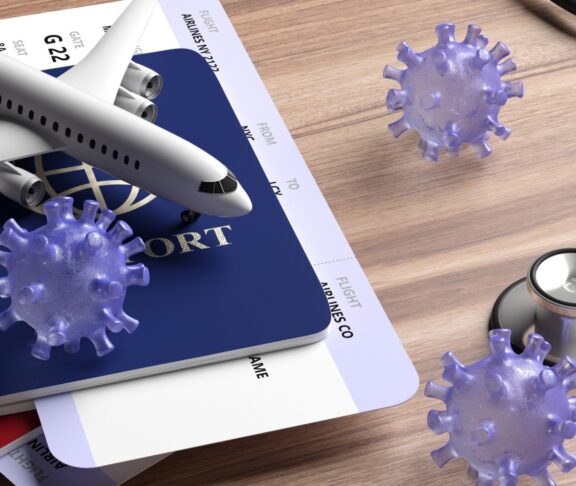
Dr. med. Esther Künzli
MD, PD
Modern medicine, as known today, would not be possible without the availability of effective antibiotics. However, antibiotic resistance is an increasing problem worldwide.
Antibiotics are one of the most important inventions in medicine in the past century. With the detection of penicillin by Alexander Fleming in 1928 and its first availability for therapeutic use in the 1940s, previously often deadly infections could now be treated.
According to the World Health Organization, antibiotic resistance is ‘one of the top global public health and development threats.’ It is estimated that in 2019, 1.27 million deaths globally were caused by antibiotic resistance, with the highest burden of morbidity and mortality in low and middle-income countries.1
Antibiotic resistance as a quintessential One Health problem
The development of antibiotic-resistant bacteria and their spread is a quintessential ‘One Health’ problem, touching on human and animal health and the environment. While one of the main drivers of antibiotic resistance is antibiotic misuse and overuse, other aspects like sanitary infrastructure and hygiene, overall health expenditure and governance also affect the prevalence of antibiotic resistance. Internationally, the spread of antibiotic-resistant bacteria is happening through patient transfers, medical tourism and travelling.
Internationally, the spread of antibiotic-resistant bacteria is happening
through patient transfers, medical tourism and travelling.
Antibiotic resistance and international travel
Over the past 20 years, increasing awareness has risen to the fact that international travellers can serve as vehicles for the global spread of multidrug-resistant bacteria, especially so-called extended-spectrum beta-lactamase (ESBL)-producing Escherichia coli. Travellers can carry these bacteria in their gastrointestinal tract.
In studies we have conducted, we have found this asymptomatic carriage or ‘colonisation,’ depending on the region visited, in up to three-fourths of travellers. Usually, colonisation is asymptomatic and the bacteria disappear after some time. Yet, in some people, they can cause disease — for instance, urinary tract infections. These infections then need to be treated with different antibiotics compared to infections acquired at home. Given that, since the end of the travel restrictions caused by the Covid-19 pandemic, the number of international travellers has reached unprecedented heights. Travelling as a significant contributor to the global spread of resistant bacteria becomes even more relevant.
Antibiotic resistance threatens global care
Overall, antibiotic resistance is a complex, multifaceted problem. Effective countermeasures to prevent the occurrence and spread of antibiotic resistance, as well as the development of new antibiotics, are urgently needed to secure effective treatment of bacterial infections as one of the mainstays of modern medicine.
[1] World Health Organization. 2023. Antimicrobial resistance.

